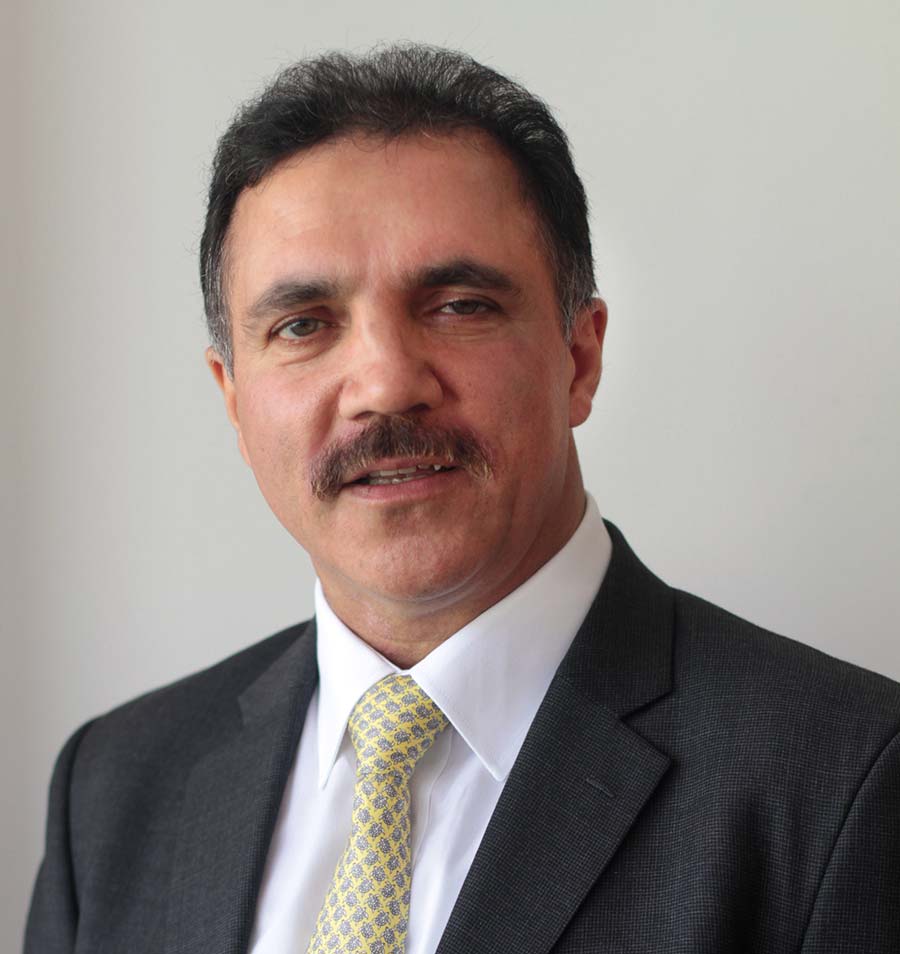Finally, Professor Reyaz Punjabi was replaced by a new academician Prof Talat Ahmed who has been teaching Geography in the University of Delhi. Talat took over last week and a day after was seen attending a conference on interest-free banking. Prof Talat was recommended by a search committee that was headed by former member of Planning Commission, Prof Abid Hussain.
 After his M Sc in Geology from Aligargh Muslim University in 1977 and M Phil in Ore Petrology from JNU in 1980, Prof Talat completed his Ph D in Igneous Petrology from JNU in 1985. He subsequently did a post doctoral fellowship with University of Leicester in 1988-89, another post doctoral fellowship with University of Cambridge in 1997-98 and yet another post doctoral fellowship with Nagoya University (Japan) 1999-2000.
After his M Sc in Geology from Aligargh Muslim University in 1977 and M Phil in Ore Petrology from JNU in 1980, Prof Talat completed his Ph D in Igneous Petrology from JNU in 1985. He subsequently did a post doctoral fellowship with University of Leicester in 1988-89, another post doctoral fellowship with University of Cambridge in 1997-98 and yet another post doctoral fellowship with Nagoya University (Japan) 1999-2000.
Talat joined Geological Survey of India as Geologist in February 1980 and later worked as a Scientist-B with Wadia Institute of Himalayan Geology, Dehra Dun from July 16, 1984 to September 3, 1989. He held different academic and research positions and fellowships with a number of universities and later worked as a Scientist-C with Wadia Institute of Himalayan Geology, Dehra Dun.
He has been functioning as Professor at Department of Geology, University of Delhi, Since October 31, 2003. As the chief executive of J&K’s oldest university, Prof Talat will have to tackle many faultlines within and outside the campus.
The university off late was being run as a primary school where the students and to a large extent the faculty has been deliberately discouraged from discussing the situation prevailing in Kashmir. While the universities outside the state and even Jammu University has been very liberal in permitting research to pursue subjects related to the contemporary Kashmir, it has been a no-go area in Kashmir University. A number of researchers who felt choked by the heavily controlled academic atmosphere choose other universities for their research.
The university even suspended the student’s union after initially permitting it. Situations like this are a main trigger of larger crises in academic institutions. Ideally the university should have been an institution that would offer society leaders of excellence in all the fields including politics. But in absence of a viable environment, leaders were produced amongst school dropouts and illiterates.
While Prof Talat will have to ensure the Naseem Bagh campus improves its status from a well manicured garden and an ideal picnic spot to an impressive academic institution, he will also have to look into basics that make universities incubators of leadership.















